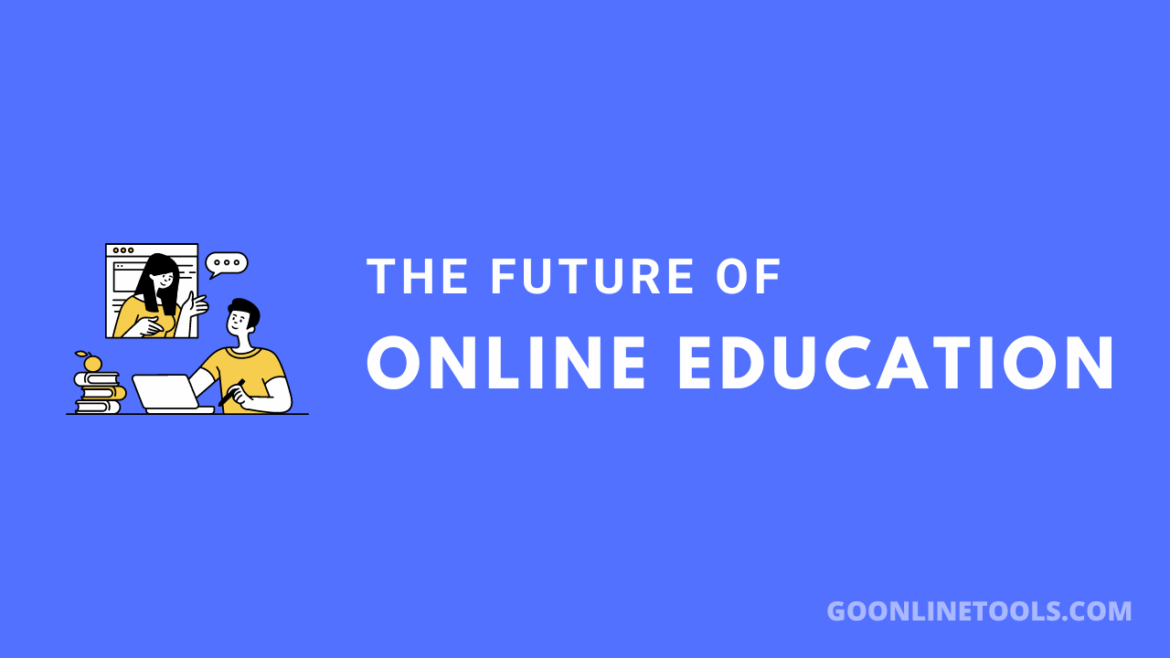Online education has transformed the learning landscape, offering flexible opportunities for students worldwide. With the rise of platforms like Coursera, Udemy, and Khan Academy, anyone with internet access can acquire new skills at their own pace.
One major advantage of online learning is accessibility. Students no longer need to relocate or pay high tuition fees to attend prestigious universities. They can enroll in online courses, often free or affordable, and gain certifications recognized by employers.
Flexibility is another benefit. Online courses allow learners to study according to their schedules, making it easier for working professionals or parents to pursue education. Recorded lectures, digital libraries, and interactive tools provide convenience and efficiency.
However, challenges exist. Lack of face-to-face interaction can reduce engagement, and students must be self-disciplined to stay on track. Technical issues, such as poor internet connections, can also disrupt learning.
The future of online education will likely involve hybrid models, combining in-person classes with digital resources. Virtual reality, artificial intelligence, and adaptive learning technologies will make learning more personalized and immersive.
In conclusion, online education is here to stay. By improving accessibility, affordability, and flexibility, it empowers learners to pursue lifelong education and adapt to evolving job markets.
